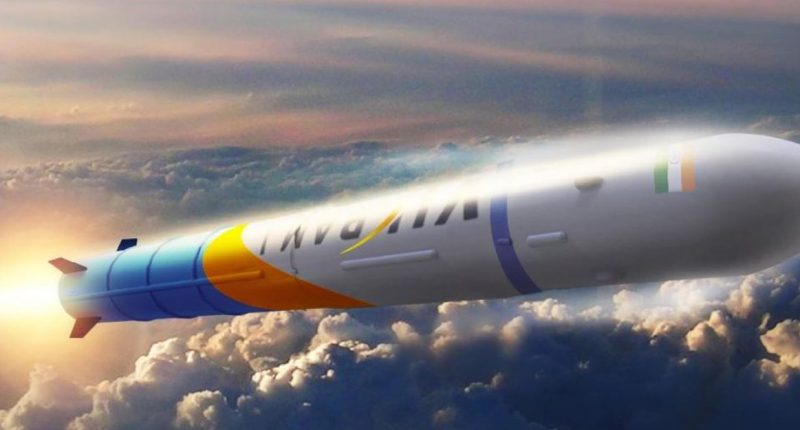Indian aerospace startup, Skyroot, has been making incredible progress in recent months, especially after it successfully completed the engine burn test of its upper stage prototype earlier this year. The Bangalore based startup has now successfully test-fired India’s first privately-made solid rocket propulsion stage, a testament to India’s blooming space industry.
Moreover, this marks a key milestone in the development of the ‘Vikram I’ launch vehicle as the same tech would be used in it. The company aims to launch Vikram I by December next year, which would be partly supported by ISRO.
Skyroot has said that the solid rocket stage has been made using a carbon composite structure whose manufacturing process is entirely automated. This structure, unlike those made of steel, helps in reducing the weight of the vehicle by up to five times and also makes the entire process more cost-efficient. The company aims to use the same process in the development of Vikram I, although the final third-stage engine of the rocket will be 4x the size of this demonstrator.
The Vikram series of launch vehicles has been named after Dr. Vikram Sarabhai, the father of the Indian Space Program. The launch vehicles have been produced for the emerging small satellite market. The company claims that these vehicles that are “built on a common architecture and cover a wide range of payloads”, offer the most affordable and on-demand ride to space.
The company also said that it has been manufacturing four other test solid rocket motors with different levels of thrust which will be tested in the coming years.
Skyroot is set to become the first private Indian company to build and operate functioning private launch vehicles. The company has raised 4.3 million and said that it is currently in the process of raising another $15 million round.
The Tech Portal is published by Blue Box Media Private Limited. Our investors have no influence over our reporting. Read our full Ownership and Funding Disclosure →






